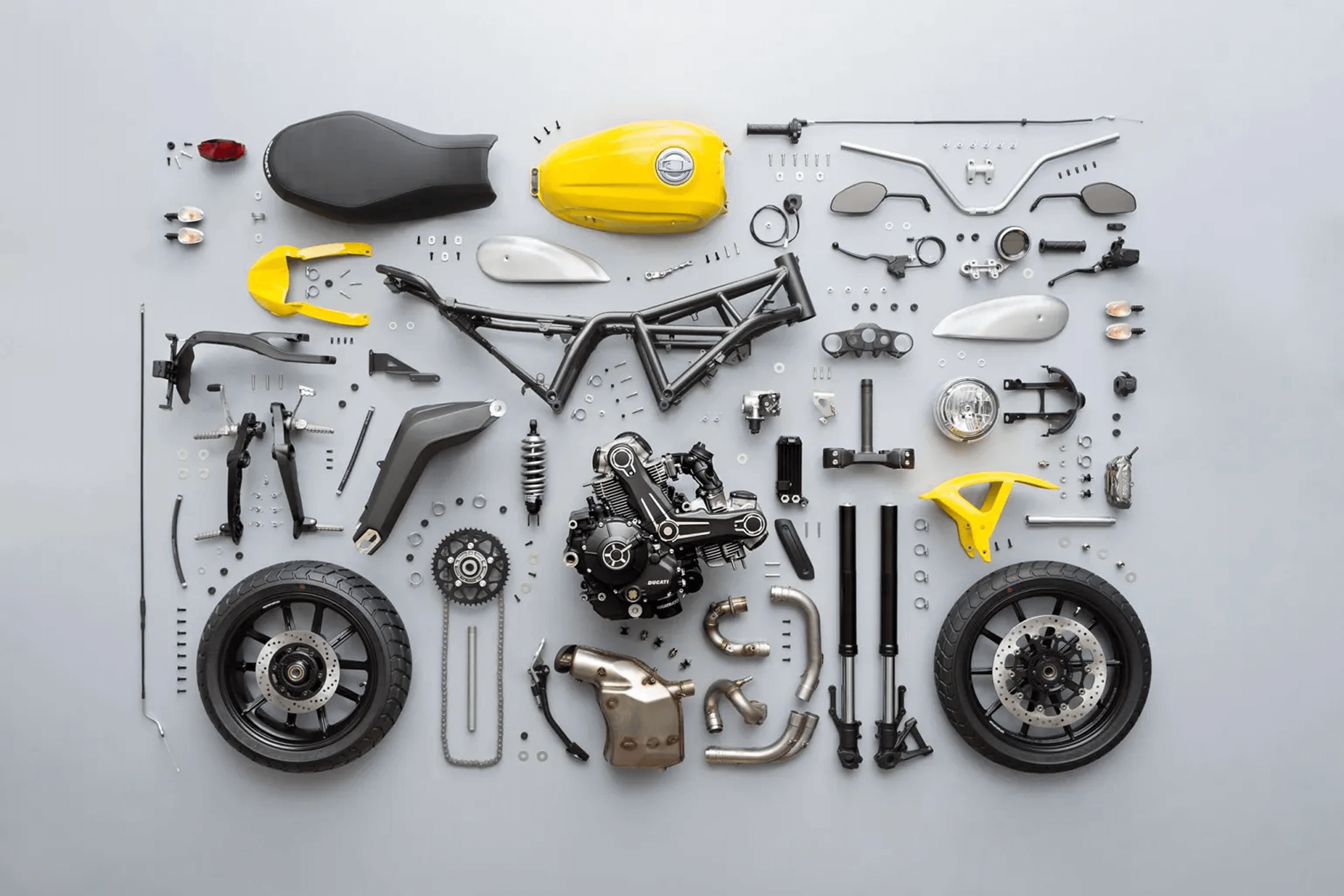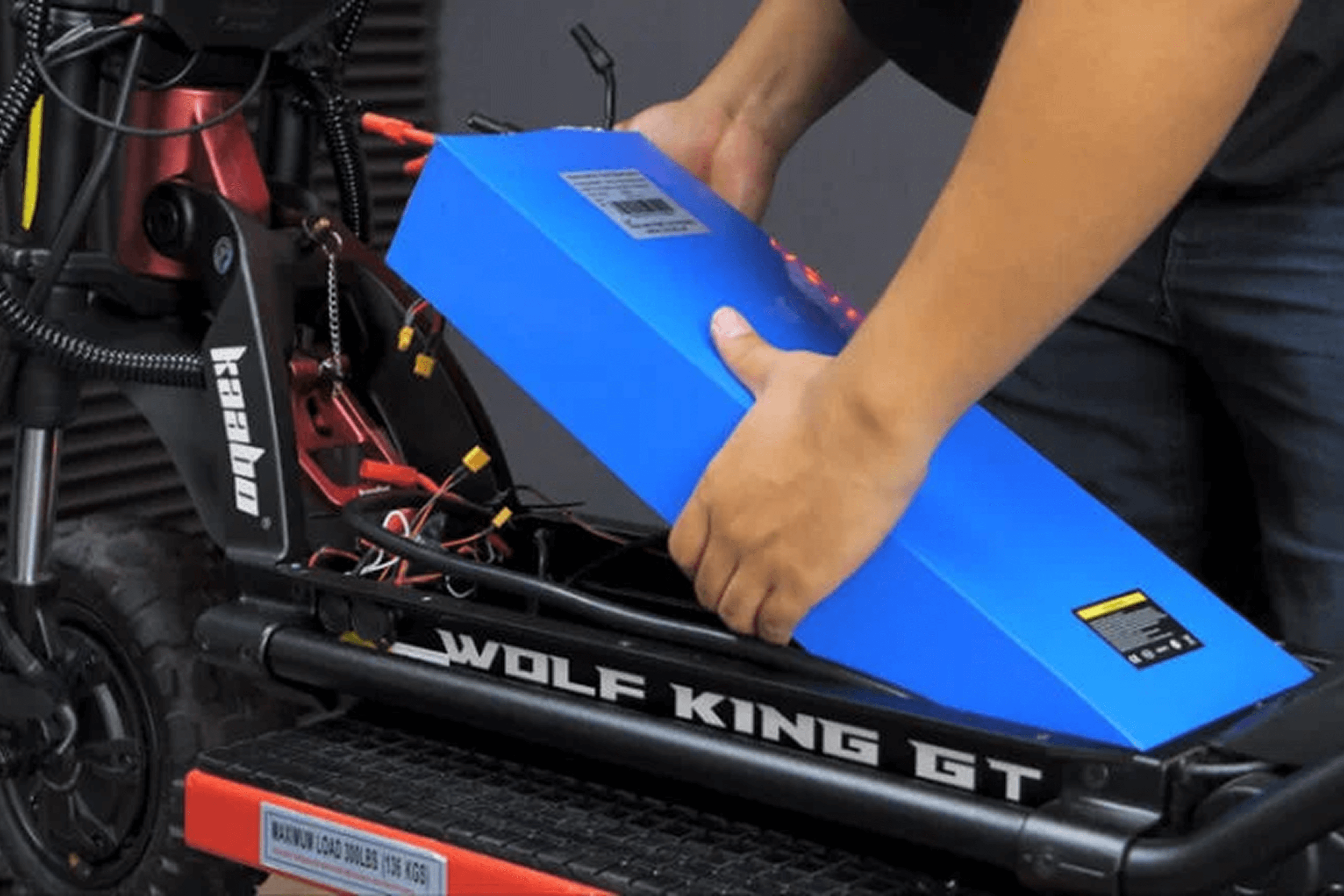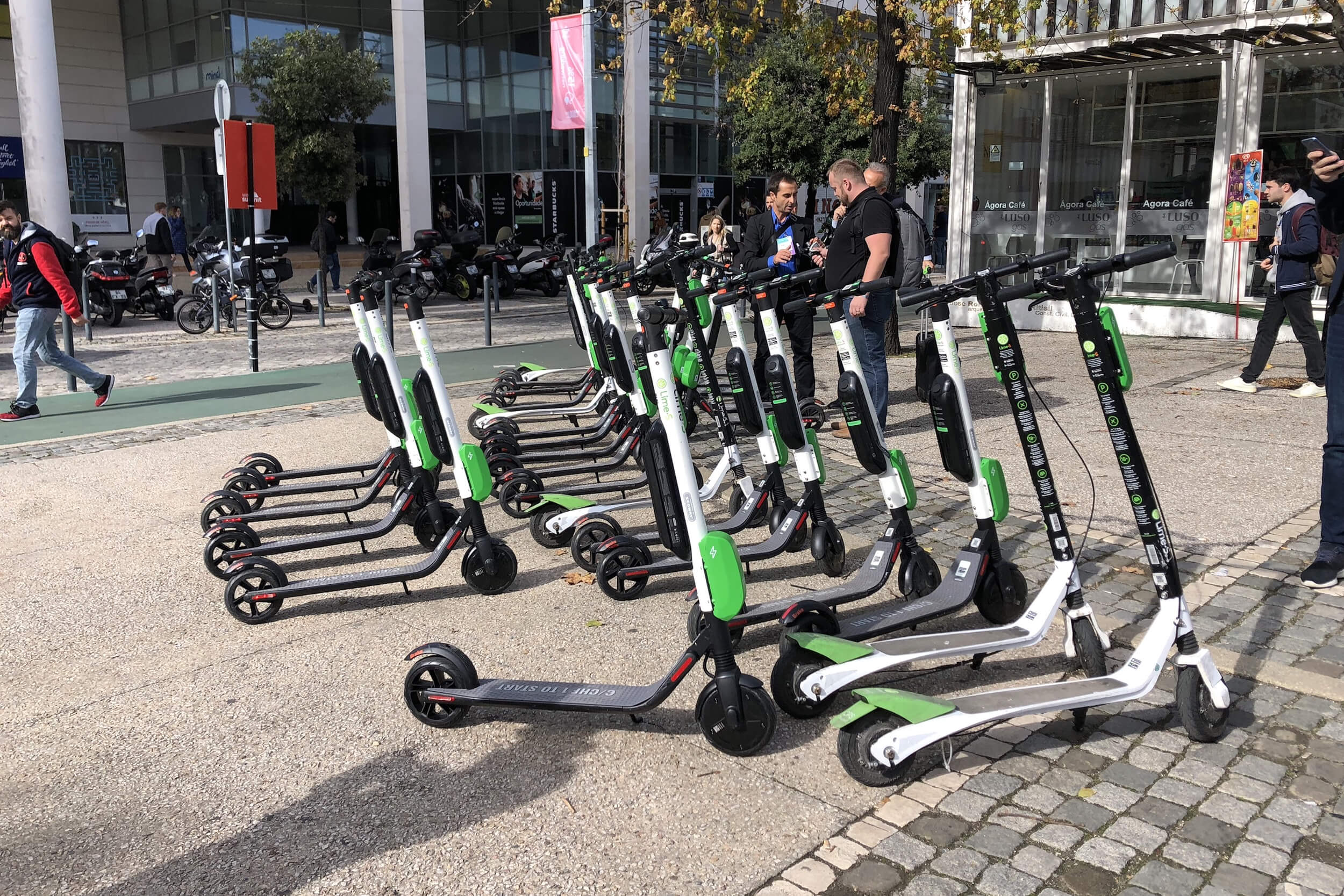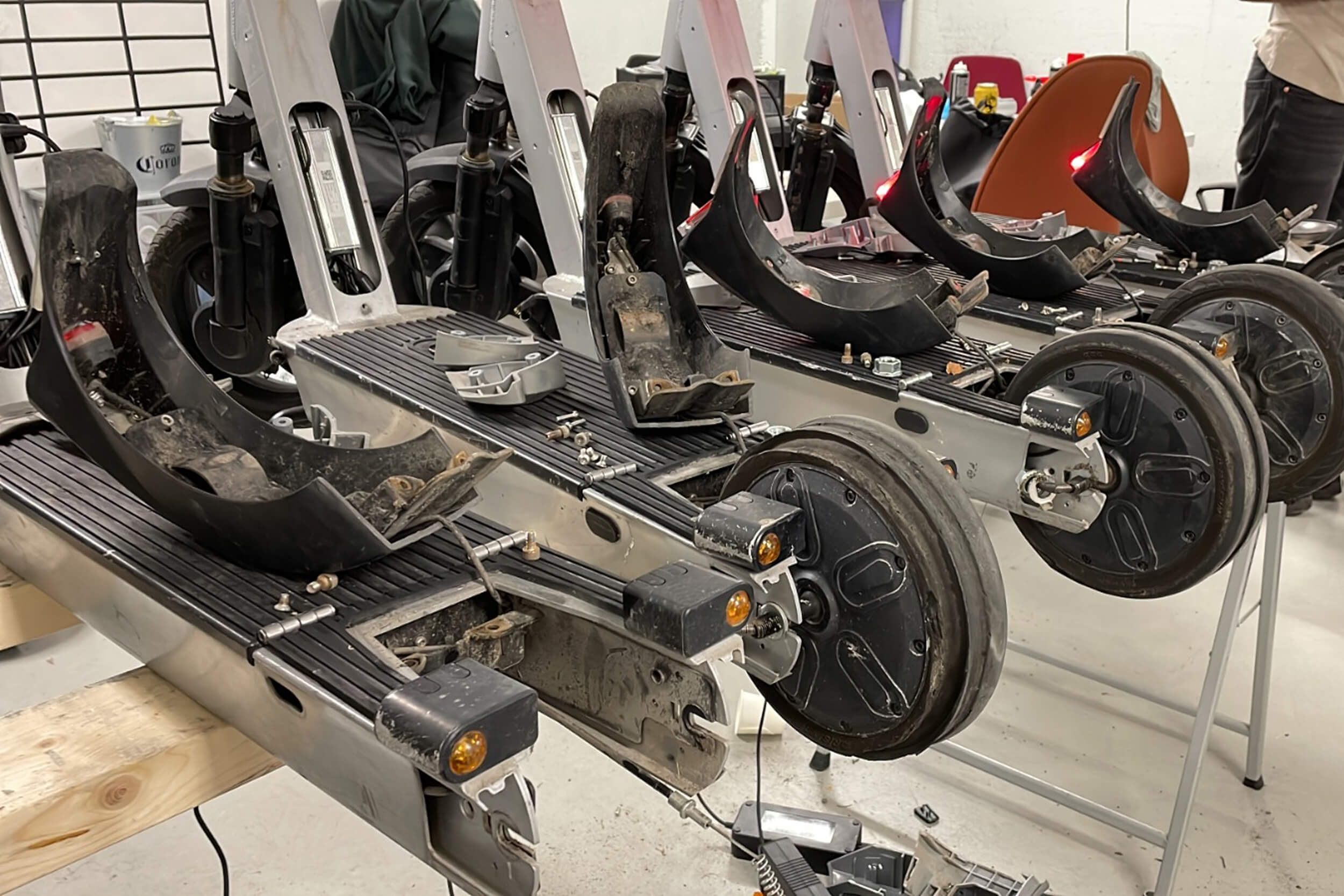
E-Scooter Tours for the Urban Explorer
May 1, 2025
Tips to Extend Your E-Scooter’s Lifespan
June 1, 2025The Environmental Impact of E-Scooter Batteries: Why Recycling Matters
Introduction
Electric scooters (e-scooters) have become a popular mode of transportation in urban areas, offering a convenient and eco-friendly alternative to traditional vehicles. However, while e-scooters contribute to reducing carbon emissions during operation, their widespread adoption brings forth environmental concerns, particularly regarding the production, usage, and disposal of their batteries.
The Composition and Challenges of E-Scooter Batteries
Most e-scooters are powered by lithium-ion batteries, valued for their high energy density and longevity. These batteries contain metals such as lithium, cobalt, and nickel. The extraction and processing of these metals can have significant environmental and social impacts, including habitat destruction, water pollution, and labor rights issues.
Furthermore, if not properly managed at the end of their lifecycle, lithium-ion batteries can pose environmental hazards. Improper disposal can lead to soil and water contamination, and the risk of fires due to battery instability.
The Importance of Recycling
Recycling e-scooter batteries is crucial for several reasons:
- Resource Conservation: Recycling allows for the recovery of valuable metals, reducing the need for mining and preserving natural resources.
- Environmental Protection: Proper recycling prevents hazardous substances from entering ecosystems, safeguarding both environmental and human health.
- Energy Efficiency: Recycling consumes less energy compared to producing new batteries from raw materials, thereby reducing the overall carbon footprint.
Current Recycling Practices and Challenges
While the importance of recycling is clear, the actual rates of battery recycling remain low. Factors contributing to this include:
- Lack of Infrastructure: Many regions lack adequate facilities for battery recycling, making it challenging for consumers to dispose of batteries responsibly.
- Consumer Awareness: A significant number of users are unaware of the proper disposal methods for e-scooter batteries.
- Economic Factors: The cost of recycling can be higher than producing new batteries, discouraging some manufacturers from investing in recycling programs.
Innovations and Future Outlook
Despite these challenges, there are promising developments in battery recycling technologies. Companies are exploring methods such as hydrometallurgical and direct recycling processes to improve efficiency and reduce costs. Additionally, partnerships between e-scooter companies and recycling firms are emerging to create more sustainable end-of-life solutions for batteries.
The Role of Companies and Consumers
Companies like Scootshop play a pivotal role in promoting sustainable practices by offering battery refurbishment services. By extending the life of batteries, they reduce waste and the demand for new materials. Consumers, on the other hand, can contribute by:
- Proper Disposal: Utilizing designated recycling centers for battery disposal.
- Supporting Sustainable Brands: Choosing companies that prioritize environmental responsibility.
- Staying Informed: Educating themselves about the environmental impact of e-scooters and the importance of recycling.
Conclusion While e-scooters offer a greener transportation option, it’s imperative to address the environmental challenges associated with their batteries. Through collective efforts in recycling and responsible consumption, we can ensure that the benefits of e-scooters are not overshadowed by environmental harm.



